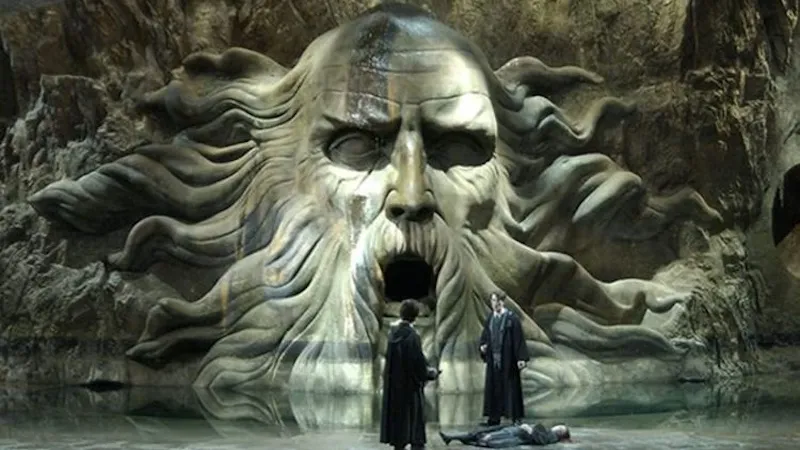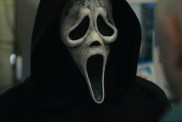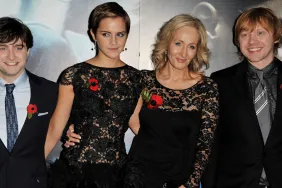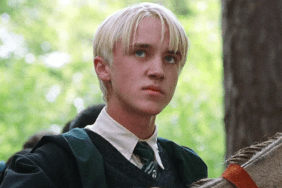On this day 20 years ago, Harry Potter and the Chamber of Secrets hit theaters in the United States. After the incredible success of The Sorcerer’s Stone, fans couldn’t wait to see the next adventures of the unfortunate 12-year-old titular wizard and his best friends, Ron Weasley and Hermione Granger. Chris Columbus’ second (and last) foray into the Wizarding World wasn’t as good as the first one, but it introduced many recurring themes that would be later expanded in the subsequent movies. In front of them all, the issues that led to Lord Voldemort’s return.
RELATED: Harry Potter Movies Ranked Following the First Film’s 20th Anniversary
First and foremost, The Chamber of Secrets showed the wizarding world had a huge racism problem. Many wizards seemed to hate people from non-magical families and other magical creatures considered inferior. Hermione spent most of the story being bullied by Draco Malfoy for her origins. “Mudblood” was the derogatory expression used to refer to the Muggle-born Hermione. However, Draco was just the latest one in a long history of racism passed from parent to child since the days of Salazar Slytherin, one of Hogwarts’ founders. Slytherin’s solution to purify the school of unworthy people was feeding them to his basilisk, a giant snake that could kill her prey with her gaze (in case you wondered, Slytherin’s basilisk was female). That racism was at the base of Voldemort’s first ascent and subsequent return to power.
Muggle-born wizards weren’t the only victims of racism, which also affected magical creatures like Dobby. In fact, it turned out that the whole wizarding world was sustained thanks to unpaid workers who were treated pretty much like slaves (perhaps a metaphor for British colonialism?). Fans got to know Dobby, the Malfoys’ domestic elf, as he attempted to save Harry’s life by preventing him from returning to Hogwarts. The tragedy was that Dobby had to punish himself every time he disobeyed a direct order from his masters. Fans, rightfully, dislike the Malfoys for most of the story due to their behavior. Still, it must be noticed that Sirius Black had the same unhealthy relationship with his domestic elf, Kreacher.
RELATED: Warner Bros. CEO Teases More Harry Potter & Lord of the Rings Movies
The story also showed how manipulative and seductive Tom Riddle could be once he targeted a victim. Poor Ginny Weasley felt what being possessed by Voldemort felt like on her skin. The Chamber of Secrets also introduced Riddle’s diary, one of the seven magical objects (a.k.a. Horcruxes) You-Know-Who poured his soul into his quest for immortality. Ultimately, Harry killed Slytherin’s basilisk before saving Ginny and, later, the wizarding world by defeating Voldemort himself. However, one can wonder how changed was the magical community on the atavic issues of racism.
Even though Harry Potter and the Chamber of Secrets had a more mature tone, fans didn’t like the movie as much as the others. In terms of box office performance, the sophomore installment is the second to last of the Harry Potter movies, ahead only of The Prisoner of Azkaban. The story also felt too long, 161 minutes — the longest movie in the series. However, its narrative contributions and setting up Voldemort’s return make it an important chapter worth revisiting from time to time.










